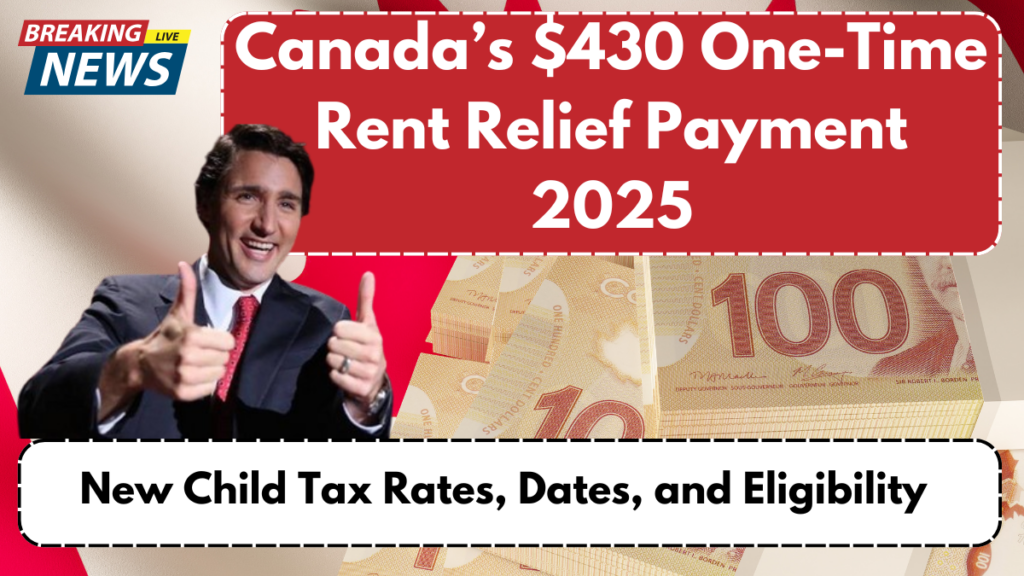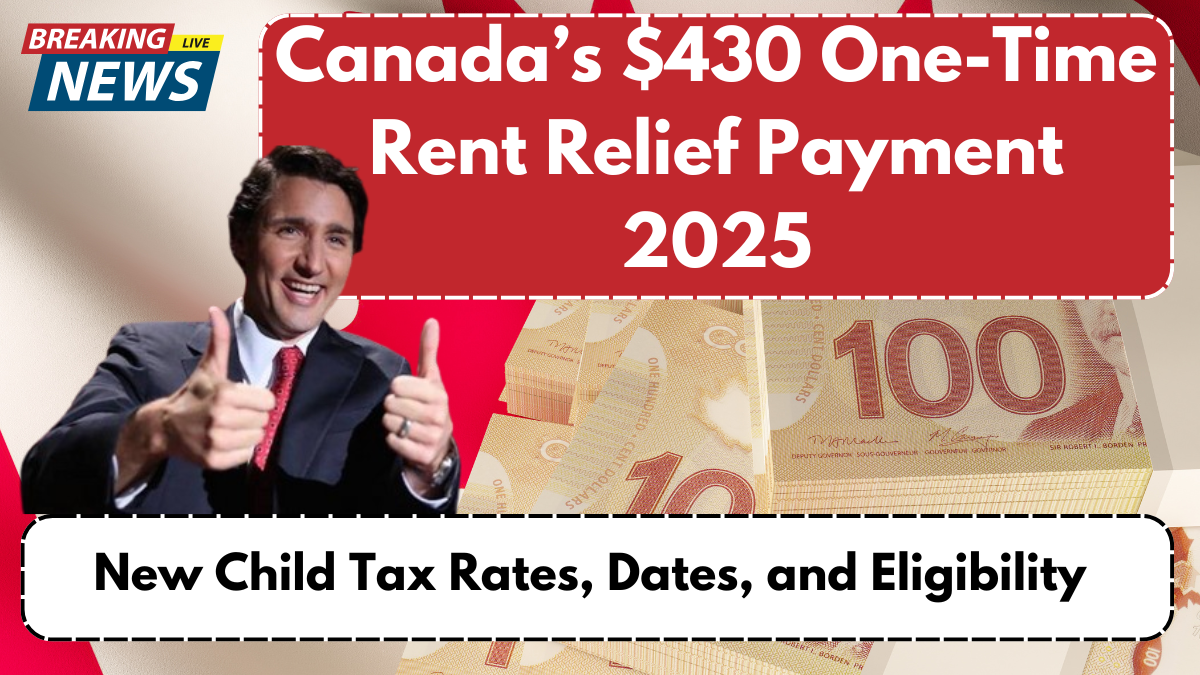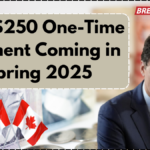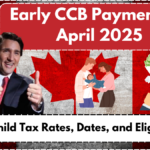In April 2025, the Canadian government is set to roll out a one-time $430 rent relief payment aimed at supporting financially vulnerable groups. As housing costs soar across urban centers, this targeted initiative is designed to provide immediate assistance to seniors and low-income families grappling with rent burdens. The Canada Revenue Agency (CRA) will manage disbursements, focusing on households that meet specific eligibility thresholds.
This move underscores the government’s broader efforts to address Canada’s growing housing crisis and reflects a continuing commitment to providing support to those most affected by the rising cost of living.

Why the $430 Payment Matters
Rental costs across major Canadian cities have reached historic highs. In Vancouver and Toronto, average rents for a one-bedroom unit now hover around $1,700 to $2,200 per month. This leaves many households in precarious situations, particularly seniors on fixed incomes and low-income earners who often spend more than 30% of their income on housing.
The $430 rent relief is not just a one-time benefit but a signal that the government recognizes these challenges and is stepping in with short-term financial relief while continuing to work on long-term housing affordability solutions.
Eligibility Criteria for the CRA $430 Rent Relief Payment 2025
To receive this benefit, applicants must meet the following conditions:
- Be a Canadian citizen or legal permanent resident.
- Be either a senior (age 65 or older) or part of a low-income household.
- Be actively paying rent or repaying home loans.
- Household income must range between $33,000 and $37,240 annually.
- Must be enrolled or eligible for programs like SAFER (Shelter Aid for Elderly Renters) or RAP (Rental Assistance Program).
Note: All personal information, including mailing address and direct deposit details, must be up to date with the CRA to avoid delays in payment.
Latest Updates on SAFER and RAP (April 2025)
To complement the one-time $430 payment, the government has introduced new adjustments:
- SAFER participants will now receive an additional $50 per month to help with ongoing rent increases.
- RAP will be reviewed for regional rent thresholds to ensure payments remain aligned with actual rental market conditions.
- Awareness campaigns are being launched across multiple platforms to ensure eligible seniors are informed about their entitlements.
Summary of Canada $430 Rent Relief Payment
| Category | Details |
|---|---|
| Payment Amount | $430 (one-time) |
| Target Groups | Seniors, low-income families |
| Program Affiliation | RAP & SAFER |
| Income Threshold | $33,000 to $37,240 annually |
| Additional Support (SAFER) | +$50/month |
| Application Requirement | Must meet age/income criteria; documentation needed |
| Application Platform | CRA or provincial housing websites |
| Disbursement Period | Spring to early summer 2025 |
How to Apply for the $430 Rent Relief Payment
- Check Eligibility: Visit the CRA website or provincial housing portals like BC Housing’s SAFER Program.
- Update Your Information: Log into your CRA account at Canada.ca to confirm or update your contact and bank details.
- Submit Documentation: Be prepared to upload rental agreements, proof of income, and identity documents.
- Monitor Your Application: Track the status of your application via your CRA online account.
Applications are expected to open in late April 2025, with disbursements beginning shortly after.
Government’s Reasoning Behind This Relief
The rent relief payment is part of a broader policy response to the worsening housing affordability crisis. In cities like Montreal, Calgary, and Ottawa, average rents have climbed well beyond inflation rates. For many households, rent now consumes the majority of their income, leaving little for groceries, healthcare, or transportation.
This payment offers a temporary but significant buffer to help residents stay in their homes without further financial compromise.
Fact Check: Is the $430 Rent Relief Confirmed?
As of mid-April 2025, official announcements are pending. However, internal government documents and provincial housing updates indicate a high likelihood that this payment will be implemented. The final confirmation will be published on the CRA and relevant provincial websites.
Conclusion
Canada’s one-time $430 rent relief payment is a necessary step toward easing the financial pressures created by Canada’s escalating housing crisis. While modest, this payment aims to provide crucial short-term assistance and signals a broader commitment to supporting vulnerable groups in maintaining stable housing. Stay informed, verify your eligibility, and apply early to ensure you don’t miss out.
FAQs
What is the Canada $430 Rent Relief Payment?
It is a one-time payment by the Canadian government to help low-income families and seniors manage increasing rent expenses.
Who qualifies for the $430 rent relief?
Eligible individuals include legal residents of Canada who are seniors or part of low-income households, earning between $33,000 and $37,240 annually.
How can I apply for the payment?
Applications can be submitted through CRA’s website or through provincial programs like SAFER or RAP, with proper documentation.
Is the payment automatic?
No, you must ensure all your information is current with the CRA and meet the eligibility requirements. Application or verification may be required.
When will the payment be made?
The first round of payments is expected to be released between May and June 2025.
Can I receive this payment if I already benefit from SAFER?
Yes, SAFER participants are eligible for this one-time rent relief if other criteria are met.
Is this a federal or provincial initiative?
It is a federal initiative, though provincial programs like RAP and SAFER are supporting mechanisms.
Will there be more payments in the future?
Currently, this is a one-time payment, but future assistance may be announced based on budgetary evaluations.
What documents are needed?
Proof of income, rental agreements, and identification documents may be required.
Where can I get updates?
Check Canada.ca and your province’s housing authority websites regularly for the latest news.
For More Information Click Here
Pari is a passionate writer known for captivating stories that blend imagination and reality. Inspired by travel, history, and everyday moments, Pari crafts narratives that resonate deeply with readers.




